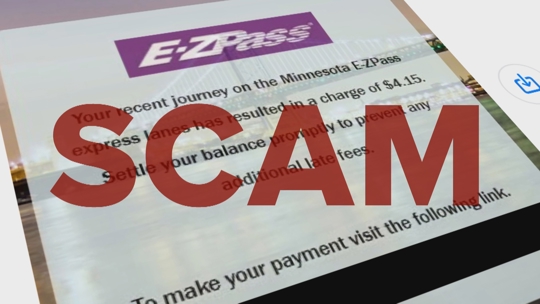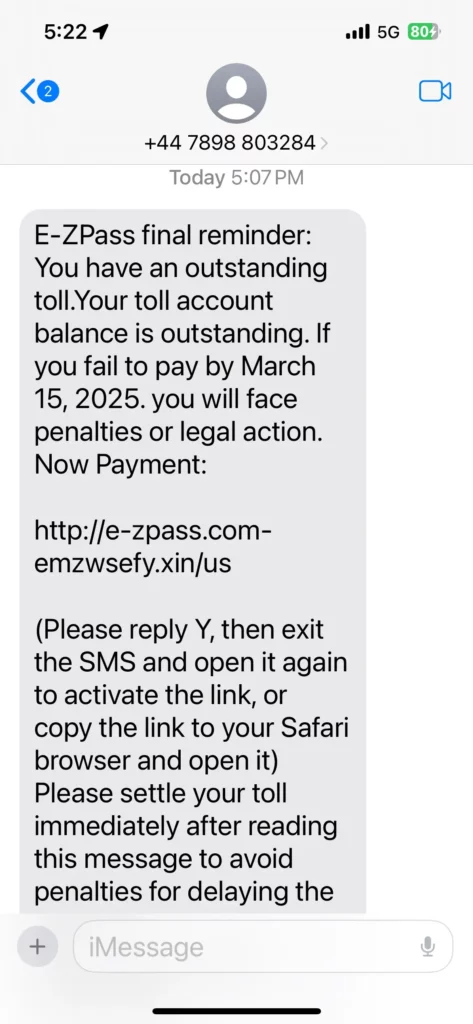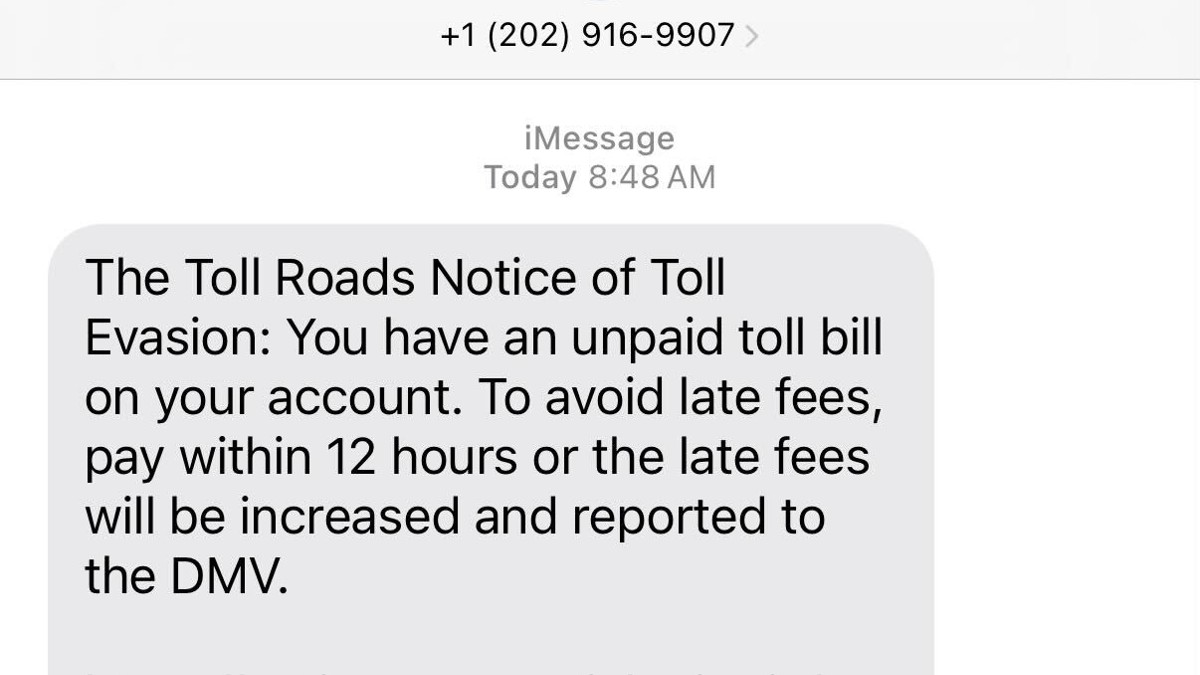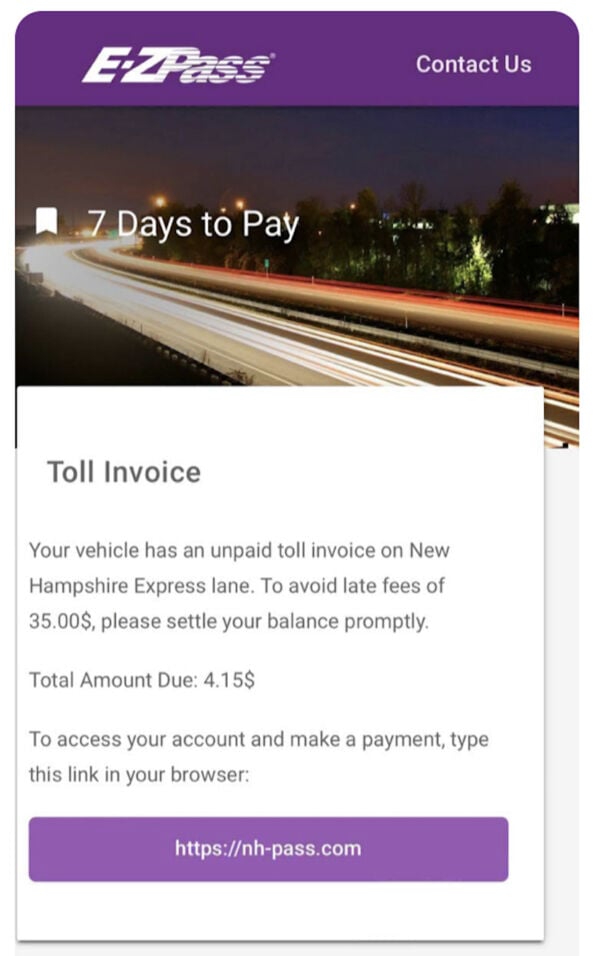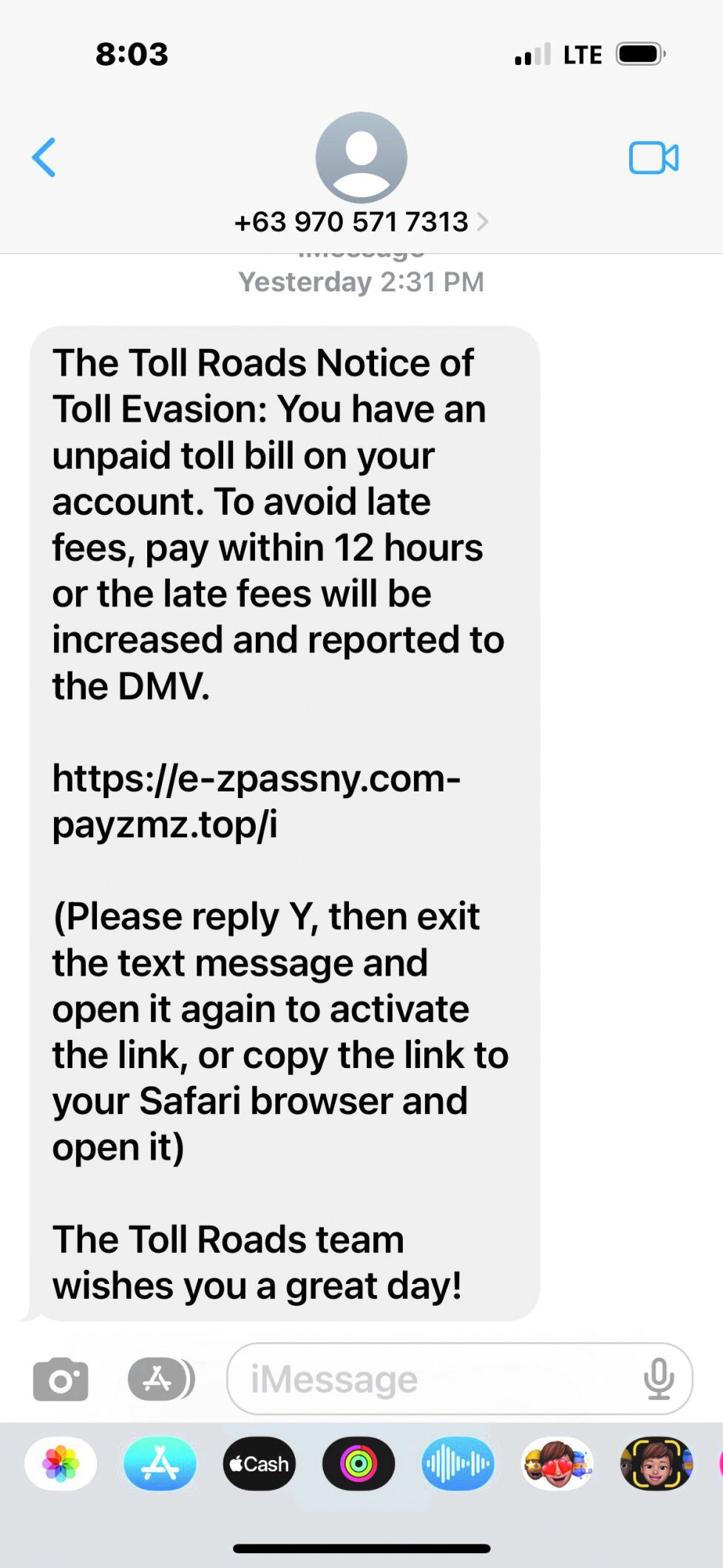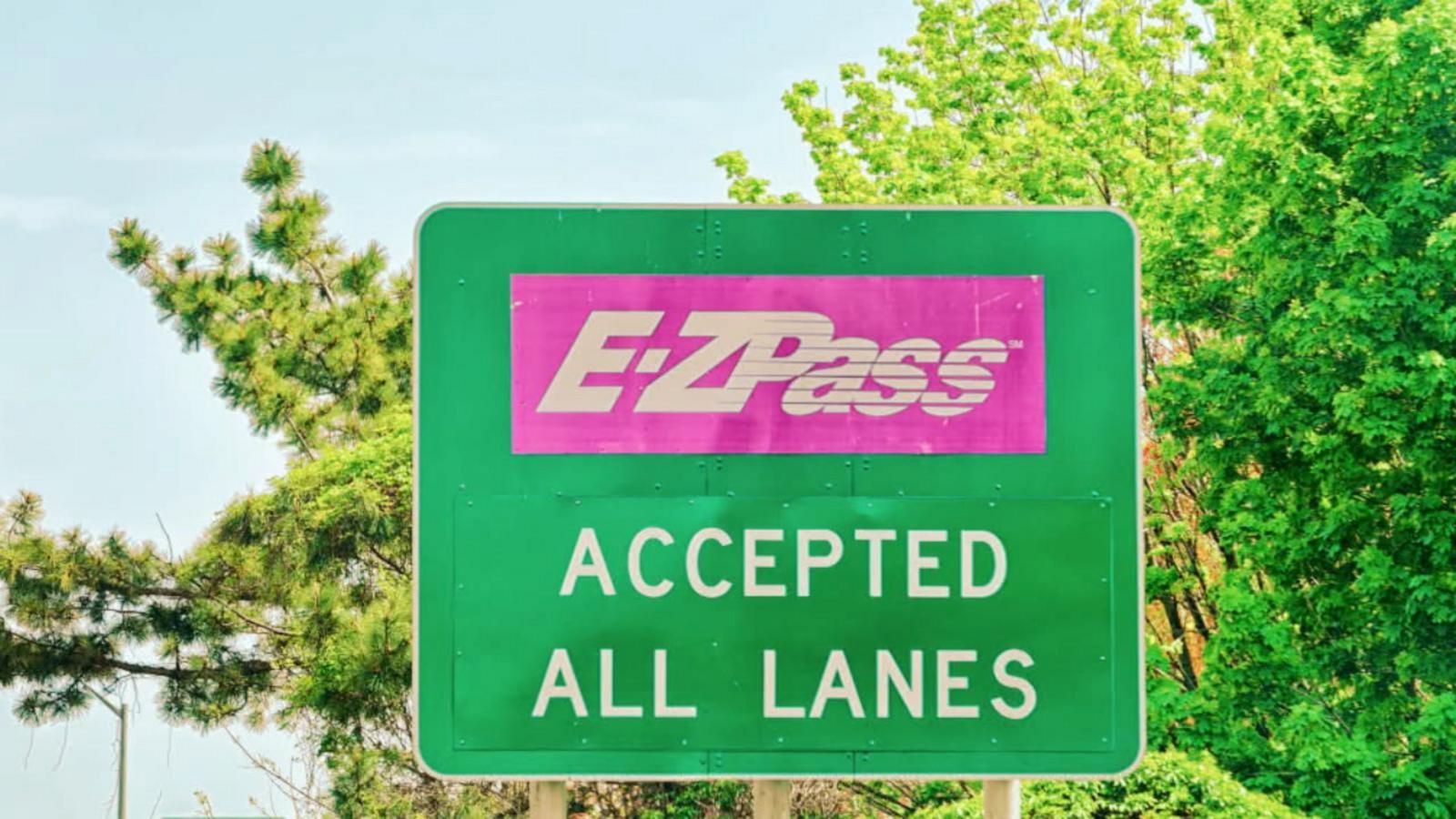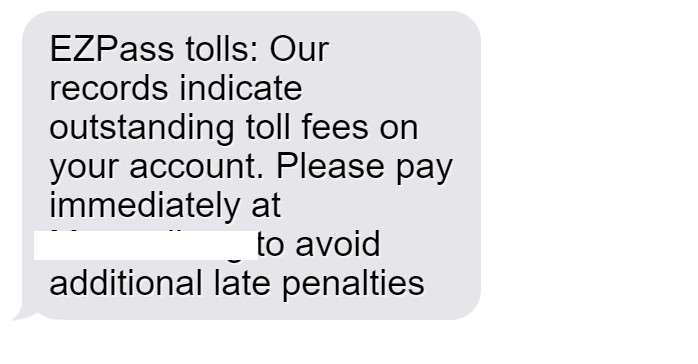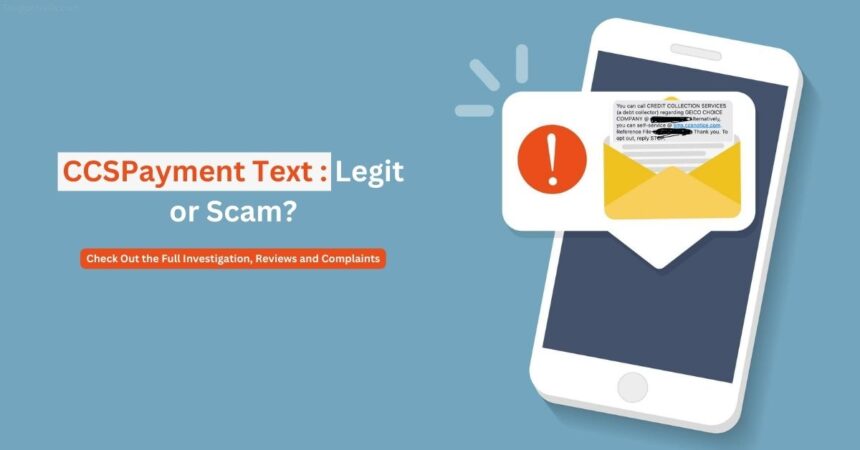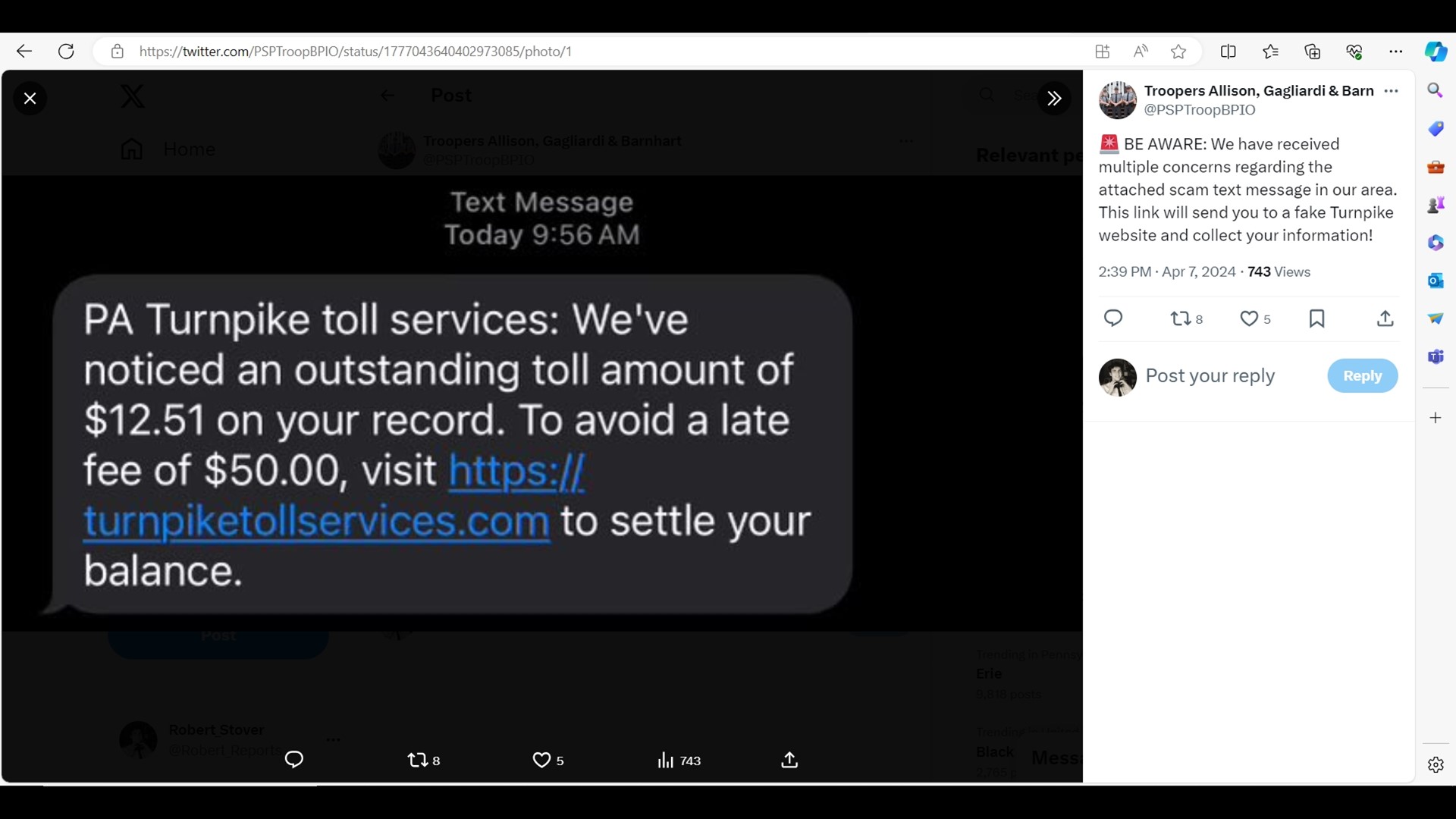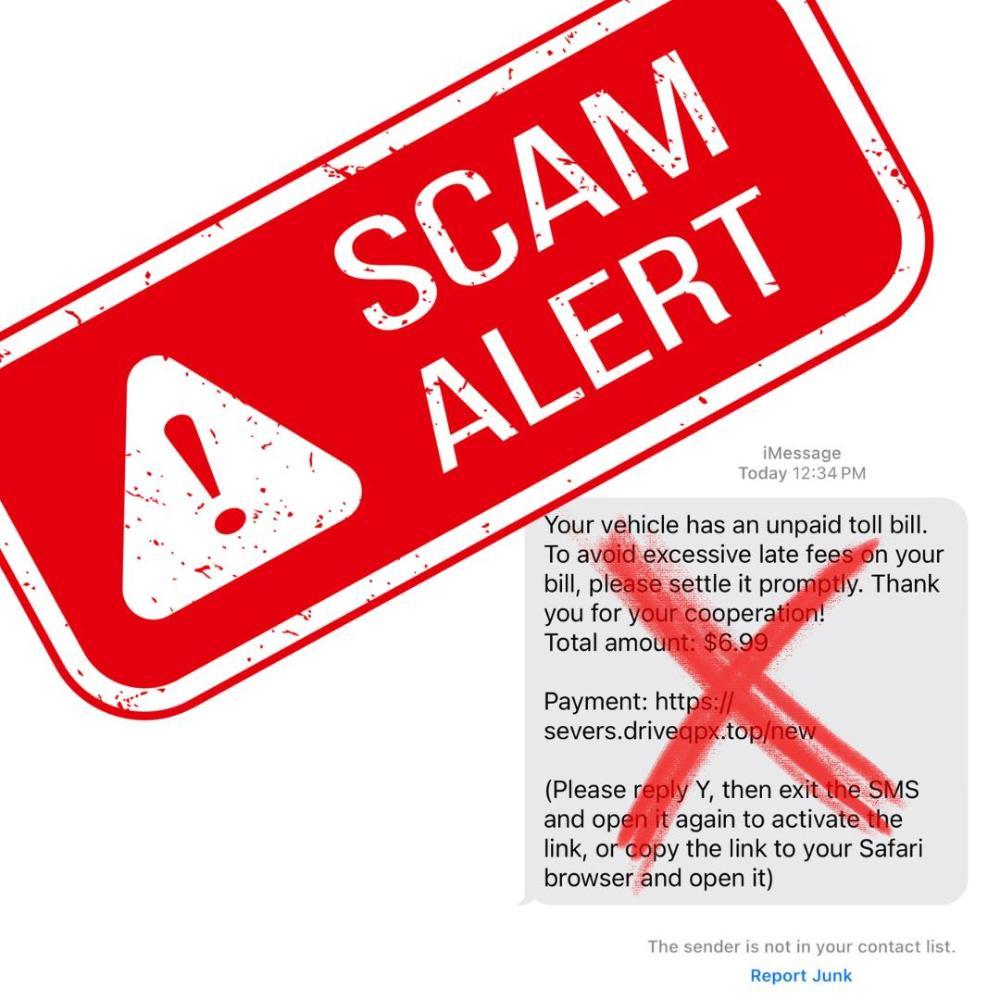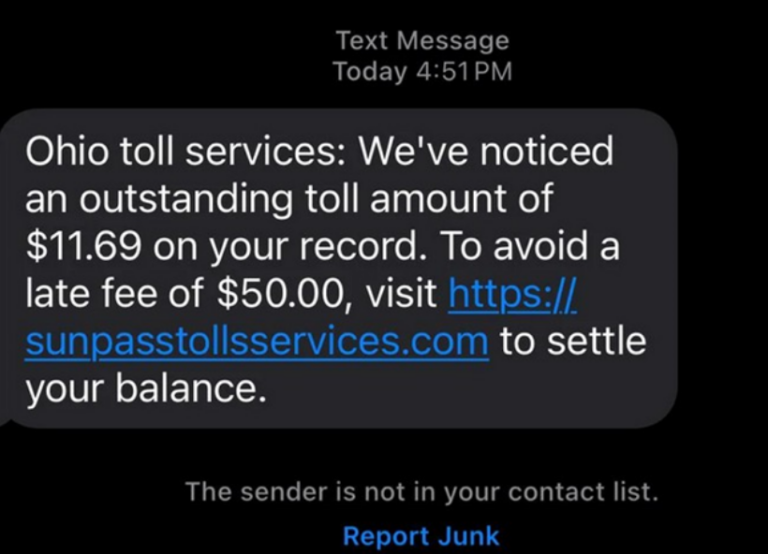Credit Collection Services Ez Pass Text Message

Motorists across several states are reporting a concerning trend: unsolicited text messages claiming to be from EZ Pass or E-ZPass, demanding immediate payment for alleged unpaid tolls. These texts, often riddled with spelling errors and suspicious links, are part of a sophisticated phishing scam designed to steal personal and financial information.
The E-ZPass Group, the consortium of agencies operating the electronic toll collection system across 19 states, has issued repeated warnings about these fraudulent messages. The goal is not just to bilk drivers out of a few dollars, but to gain access to credit card numbers, bank accounts, and other sensitive data, potentially leading to identity theft and significant financial losses.
This scam highlights the growing sophistication of cybercriminals and the need for heightened vigilance among consumers.
The Anatomy of the Scam
The fraudulent text messages typically claim that the recipient has outstanding toll balances. They often threaten late fees or other penalties if payment is not made promptly.
The messages include a link that directs users to a fake website mimicking the official E-ZPass site. The website prompts users to enter their personal information, including their credit card details and social security number, under the guise of settling the alleged debt.
These websites often use logos and branding similar to the legitimate E-ZPass website, making it difficult for unsuspecting users to distinguish between the real and fake pages.
Key Indicators of a Scam
Several red flags can help individuals identify these fraudulent messages. Spelling and grammatical errors are common indicators.
Official communications from E-ZPass rarely, if ever, demand immediate payment via text message. Be wary of any message creating a sense of urgency or threatening penalties for non-payment.
Always check the website address of any link provided in a text message. The official E-ZPass website URLs vary by state but typically include the state abbreviation (e.g., ezpass.ny.gov for New York).
Official Response and Prevention Measures
The E-ZPass Group is actively working with law enforcement to investigate and shut down these fraudulent websites. They have also issued public service announcements and alerts through their official website and social media channels.
“E-ZPass never requests personal information via unsolicited text messages, email or phone calls,” said a spokesperson for the E-ZPass Group in a recent statement. “Customers should only access their accounts through the official E-ZPass website or mobile app.”
The Federal Trade Commission (FTC) also advises consumers to be cautious of unsolicited text messages and emails asking for personal information. The FTC recommends reporting suspected scams to their website.
Protecting Yourself from Phishing
Experts recommend several steps to protect yourself from phishing scams. Never click on links from unsolicited text messages or emails, especially if they ask for personal information.
Always go directly to the official website of the company in question to check your account status. Use a strong, unique password for each of your online accounts.
Consider using a password manager to help you generate and store secure passwords. Monitor your credit reports regularly for any signs of fraud or identity theft.
Impact on Motorists
The E-ZPass text message scam has had a significant impact on motorists across multiple states. Many individuals have reported receiving these fraudulent messages, causing anxiety and confusion.
Some victims have unknowingly provided their personal information to the scammers, leading to unauthorized charges on their credit cards or identity theft. The emotional toll of being a victim of fraud can be considerable, causing stress and financial hardship.
The rise in these scams underscores the need for increased public awareness and education about online security threats. Drivers need to be more aware and more cautious.
A Human Angle
Maria Rodriguez, a commuter from New Jersey, shared her experience with the scam. “I received a text message claiming I owed money to E-ZPass. I was in a rush and clicked the link, thinking it was legitimate,” she recounted.
“I entered my credit card information, and a few days later, I noticed several unauthorized charges. It was a nightmare to sort out, and it took weeks to get my money back.” Maria’s story highlights the real-world consequences of these scams.
She is now very careful about clicking links in text messages and verifies the authenticity of any communication before providing personal information.
Conclusion
The E-ZPass text message scam is a serious threat to motorists across the country. By staying informed, being cautious of unsolicited messages, and taking proactive steps to protect their personal information, individuals can minimize their risk of becoming victims of this and similar scams.
Continued vigilance and awareness are the best defenses against the ever-evolving tactics of cybercriminals. Stay informed and always verify before you click.
The E-ZPass Group urges anyone who receives a suspicious text message to report it to their local law enforcement agency and the Federal Trade Commission.
